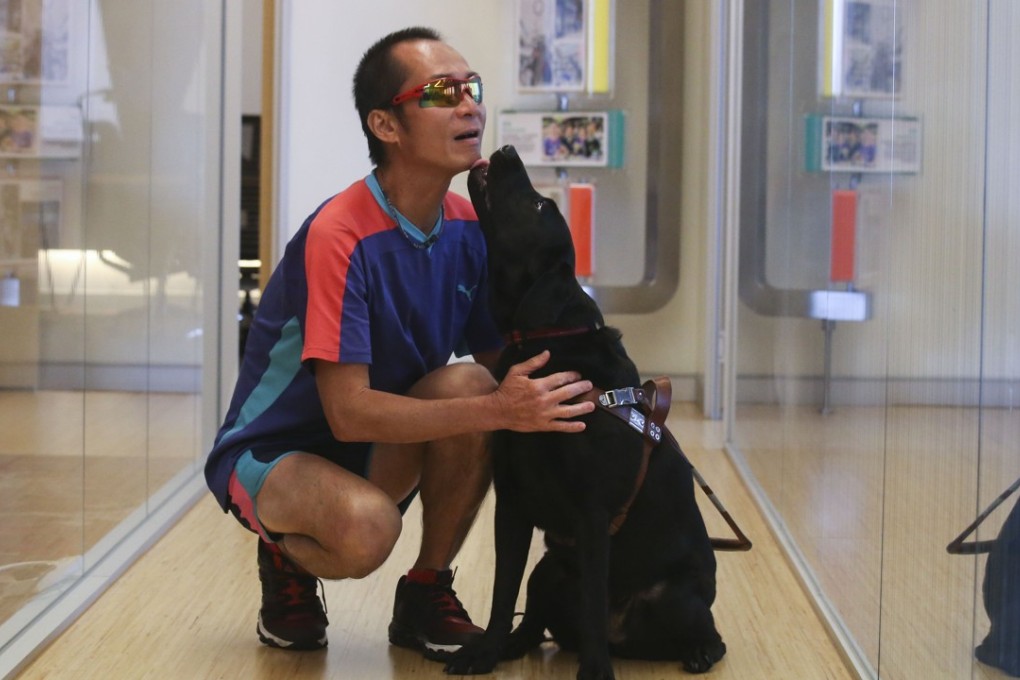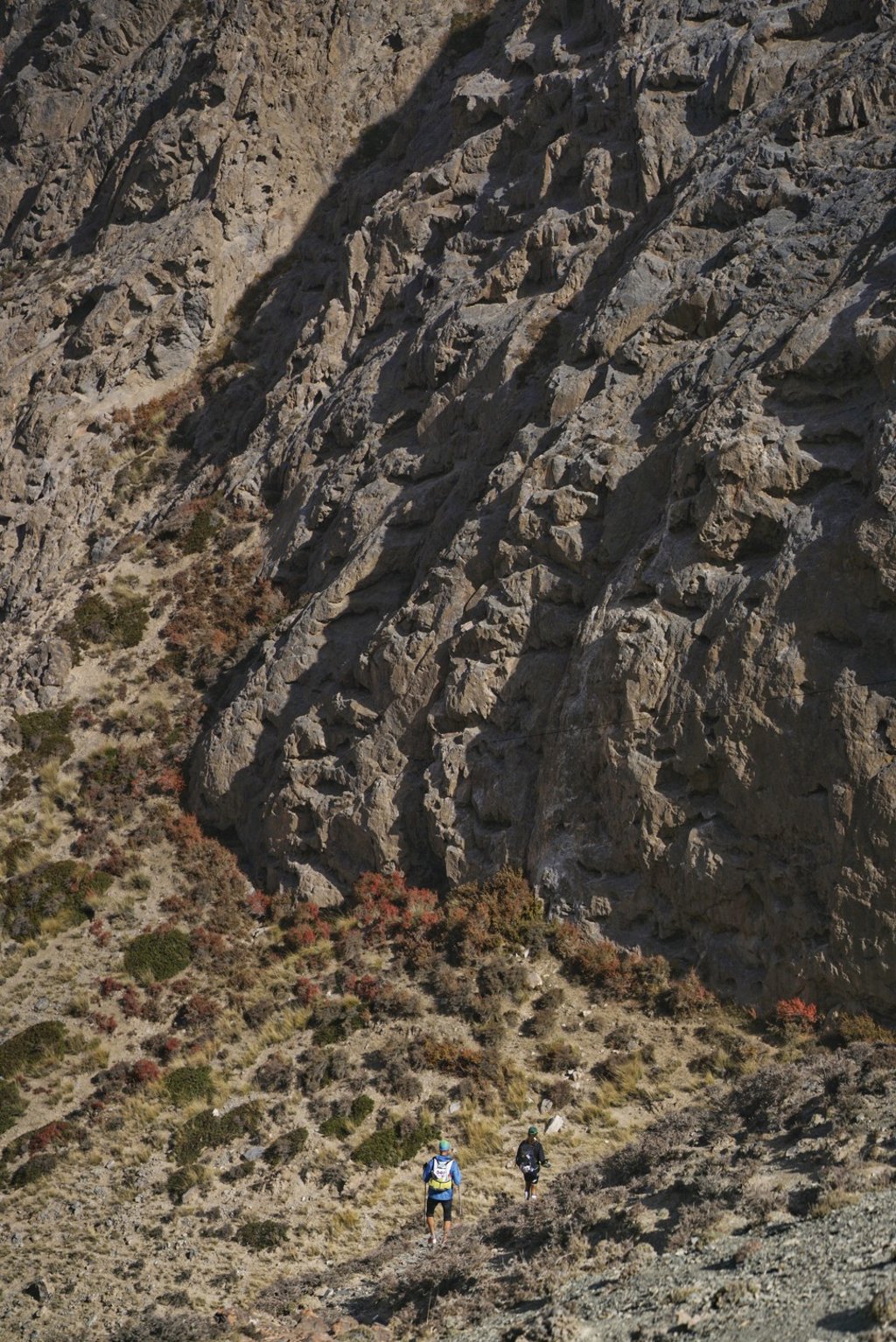Hongkonger to be first blind runner to take on 400km Ultra Gobi race – but his guide will face the biggest challenge
Gary Leung Siu-wai says he is not even slightly worried about the non-stop race across the rocky and mountainous expanses of the Gobi Desert. Fellow ultrarunners are more concerned about the man who will be his eyes

Watching Gary Leung Siu-wai run you may forget that he cannot see. Only his chin, ever so slightly higher than you would expect it to be, and his stride – he lifts his knees a little higher than necessary, as if to allow himself extra space to step over invisible things – give his blindness away.
But once he is off the predictable flatness of asphalt, Leung suddenly appears vulnerable. On uneven trails his every step is a gamble, a stab into nothingness.
In just over a week’s time, Leung’s feet will be pounding across the rocky and mountainous expanses of the Gobi Desert. He and his guide, Hong Kong ultrarunner Sam Tam Chun-fung, will attempt Ultra Gobi – a 400km (249 mile), non-stop self-navigating race in the north-central Chinese province of Gansu. The duo has “elite athlete” invites for the two-person-team division, and they are called simply Gary’s Team.
They are attempting something that has not been done before. At Ultra Gobi runners have to scramble down and out of steep canyons and cross mountain chains, while the ground – rocks, sharp shrubs and cauliflower-like twisted clods of earth – is a test for people with full eyesight. A lot of the race course will have to be negotiated during the night while navigating using GPS.

American Jason Romero, who is one of only a few blind ultrarunners to have completed a 100-mile non-stop trail race, thinks that the task Leung faces “is brutally difficult”.